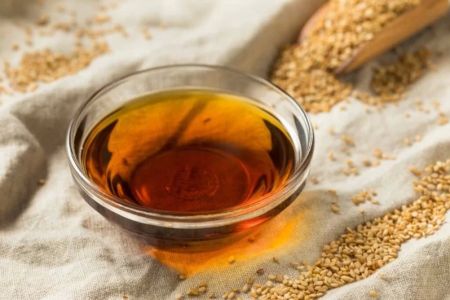How to Order Keto at a Chinese Restaurant in the U.S.
As someone who follows the ketogenic (keto) diet, eating out at Chinese restaurants can sometimes feel like a tricky task. The cuisine is often packed with carbs, sugar, and starchy ingredients that don’t align with the principles of a low-carb, high-fat lifestyle. But don’t worry! With a little know-how and a few tips, you can enjoy a delicious meal at a Chinese restaurant without straying from your keto goals. In this guide, I’ll share how I successfully navigate Chinese restaurant menus while staying in ketosis, along with some helpful hacks to make the process smoother. Let’s dive in!
1. Understanding Chinese Cuisine and Keto
Chinese food is known for its rich flavors, variety, and use of fresh ingredients like vegetables, meats, and seafood. However, many of the popular dishes are high in carbohydrates due to ingredients like rice, noodles, and sugary sauces. But don’t be discouraged—Chinese cuisine also includes plenty of low-carb options if you know where to look.
The key to staying keto-friendly while dining at a Chinese restaurant is to focus on dishes that emphasize proteins, healthy fats, and non-starchy vegetables. A simple rule of thumb: avoid dishes that come with rice or noodles, as they are typically the main source of carbs. Instead, opt for steamed or stir-fried dishes that use vegetables and meat, and ask for substitutions where necessary.
2. Choose the Right Protein and Vegetables
Chinese restaurants offer a wide range of protein options—chicken, beef, pork, shrimp, fish, and tofu are common choices. For a keto-friendly meal, you’ll want to focus on lean meats or fatty cuts, like pork belly or duck, and pair them with low-carb vegetables such as broccoli, bok choy, spinach, and zucchini. These vegetables are nutrient-dense and will provide fiber and antioxidants without adding unnecessary carbs.
Personally, I love ordering a stir-fried dish with shrimp and broccoli, or chicken with sautéed spinach. Both options are filling and flavorful, yet low in carbs. If you’re not sure about the carb content of a particular dish, ask your server for clarification or request substitutions—most Chinese restaurants are happy to accommodate dietary preferences.
3. Watch Out for Hidden Carbs
One of the biggest challenges when ordering keto at a Chinese restaurant is the hidden carbs that lurk in sauces, batters, and even the cooking oil. Many Chinese dishes are cooked in oil that’s been flavored with sugar or cornstarch, which can add unwanted carbs to your meal.
To avoid these sneaky carbs, always ask for your dish to be cooked with minimal oil and to skip the thickening agents like cornstarch. Instead of sweet and sour sauce or hoisin sauce (which are typically loaded with sugar), ask for your dish to be prepared with garlic, ginger, or soy sauce—just be cautious with soy sauce, as it can be high in sodium.
4. Customize Your Dish: Speak Up!
Don’t be afraid to customize your order! Most Chinese restaurants are happy to make modifications based on your dietary needs. When I dine out, I often ask for my dish to be served without rice or noodles, and I request extra vegetables instead. Additionally, I make sure to ask for sauce on the side, so I can control how much I use (or skip it altogether). The more specific you are, the more likely you’ll get exactly what you want.
Some of my go-to customization tips include:
- Requesting stir-fried vegetables without the sauce or with a light soy sauce.
- Substituting rice with extra vegetables or a side of steamed cauliflower rice, if available.
- Asking for the sauce to be served on the side, so you can decide how much to add.
5. Dishes to Avoid at a Chinese Restaurant
While it’s great to know which dishes are keto-friendly, it’s equally important to know which ones to avoid. Certain Chinese dishes are carb-heavy and should be skipped if you’re on a ketogenic diet.
Here’s a list of common dishes to avoid:
- Fried rice and lo mein noodles: These are the carb-packed staples of Chinese cuisine. Fried rice is typically made with white rice and loaded with soy sauce, while lo mein noodles are made from wheat flour, which is high in carbs.
- Sweet and sour pork or chicken: These dishes are typically battered and fried, then coated in a sweet, sugary sauce that’s a no-go for keto.
- General Tso’s chicken: This popular dish is coated in a thick batter and deep-fried before being tossed in a sugary sauce.
6. My Personal Favorite Keto Chinese Dishes
Over time, I’ve come to discover a few favorite dishes that fit perfectly into my keto diet while still satisfying my cravings for Chinese food. These dishes are both delicious and low-carb, making them the perfect option when dining out.
Some of my top keto-friendly Chinese dishes include:
- Beef and Broccoli: This classic stir-fry is a great option, especially if you ask for it to be cooked with minimal sauce.
- Kung Pao Chicken: A spicy dish made with chicken, peanuts, and vegetables. Just make sure to ask for it without the sauce or with a sugar-free alternative.
- Egg Foo Young: A delicious omelet filled with vegetables, meat, and sometimes shrimp. This dish is naturally low in carbs and can be a satisfying meal.
- Steamed Fish with Ginger and Scallions: Steamed fish is a great protein choice that’s both low-carb and full of healthy fats.
7. Be Prepared for a Customizable Experience
At the end of the day, the best way to order keto at a Chinese restaurant is to be prepared and flexible. Many restaurants are willing to make adjustments for customers following special diets, but it’s important to communicate your needs clearly. Remember, this isn’t just about sticking to the keto diet—it’s about enjoying your meal and feeling good about the choices you’re making.
On my keto journey, I’ve found that dining at Chinese restaurants can be a fun and flavorful experience when you know how to make the right choices. With a little knowledge and creativity, you can still savor the tastes of China while keeping your carb count in check.


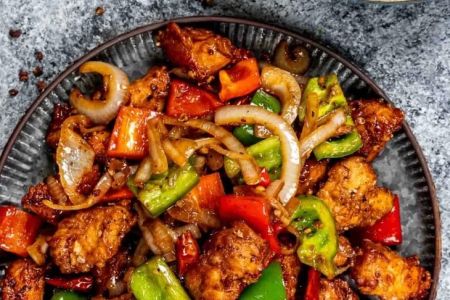
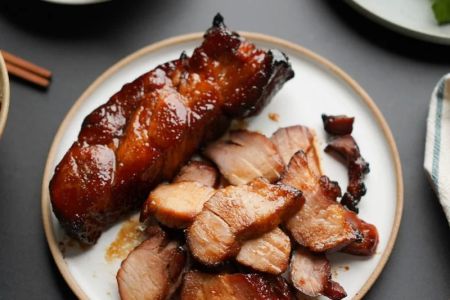
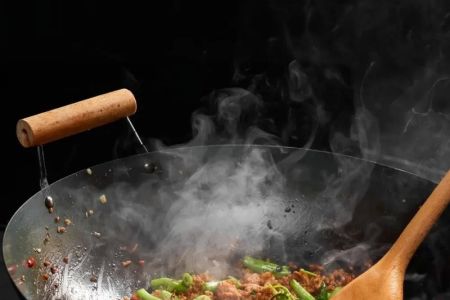
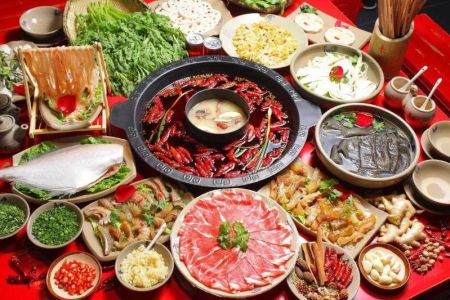
![Top Chinese Restaurants for Authentic Cantonese Cuisine in [Your City]](https://img.gochinarose.com/d33/2507/4157910400_450x300.webp)
